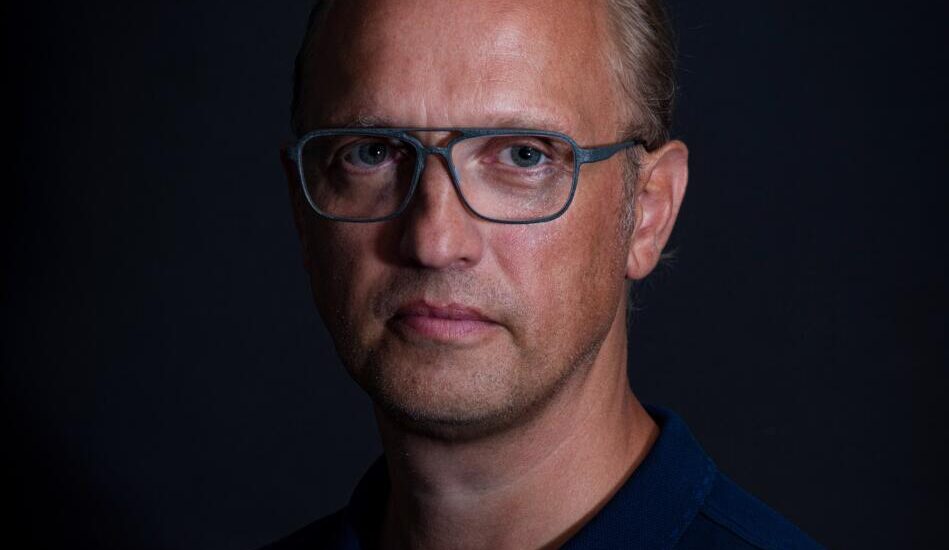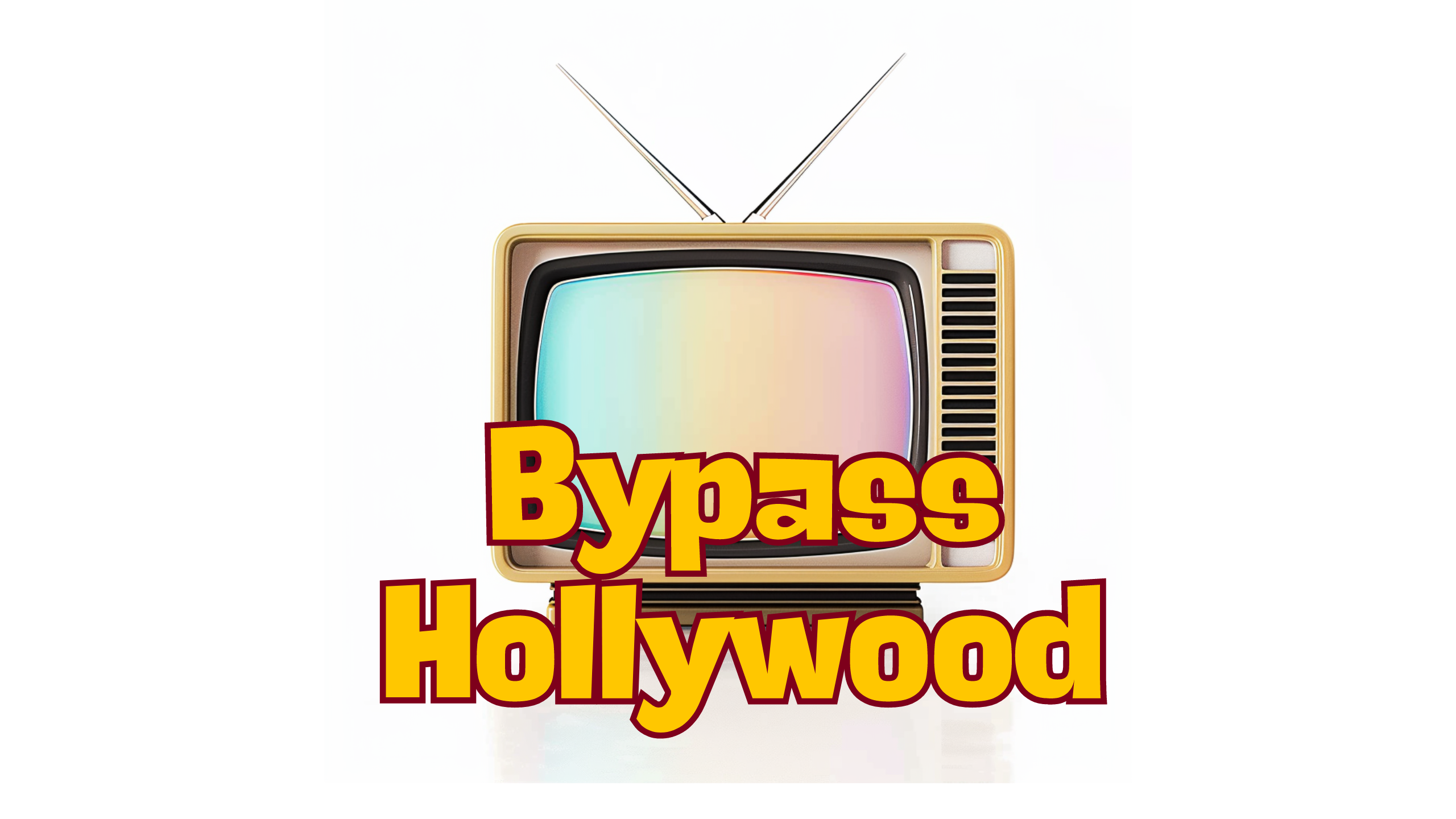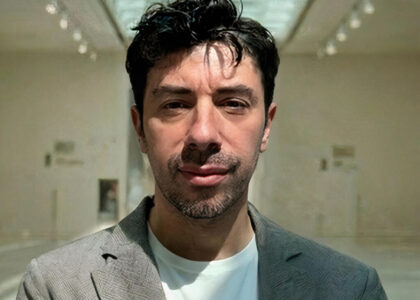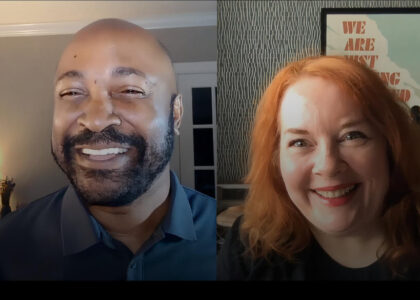


In an era where the cinematic landscape is shifting faster than ever, Daniel Maze stands at the crossroads of innovation and tradition. A former DJ turned film financier, Maze has navigated the entertainment industry from behind the turntables to the negotiation table, building a career that bridges art, finance, and cutting-edge technology. In his candid conversation with me, Maze dives into the challenges and opportunities of today’s film industry, the role of technology in storytelling, and how creatives can harness both passion and pragmatism to turn dreams into reality.
Jeff Rivera: Daniel, for those who don’t know you, can you share a bit about your background and what your official title is?
Daniel Maze: First of all, thanks for having me. My official title? I suppose I’d call myself a film financier and producer now, but my journey started very differently. I actually began as a DJ in the early 90s, spinning records in clubs. This was when the mega discotheques were taking off, and it was a wild time. But my passion for filmmaking began much earlier, around the age of 11, when I was making Super 8 movies. It was expensive, and film school wasn’t an option for me, but I was determined. I wanted to make Indiana Jones-type movies—that was my dream. Eventually, I transitioned from music to film, focusing on producing and financing projects.
That’s quite the shift from DJ to film financier. How did that transition happen, especially going from the music industry to the film world?
Daniel Maze: I had some success in the music industry—producing EDM records that went gold in Belgium and platinum in the Netherlands, reaching number one in both countries. But by 2001, I knew the nightlife wasn’t where I wanted to stay. I’d made some money, and I thought, why not go after the real dream? So I bought a camera, started shooting corporate films, and hustled my way through. Back then, it wasn’t easy—there were no DSLRs or affordable video options. You had to invest a lot. But I knew if I wanted to make movies, I had to start somewhere.
You’ve seen a lot of technological shifts in the industry, from film to digital. Now, we’re entering the era of AI. How do you view the impact of AI on filmmaking?
Daniel Maze: I’m a fan of technology, but it’s the storytelling that counts. AI can be a useful tool, especially in animation and VFX, where it can handle keyframes and generate various forms of animation efficiently. But the spark, the original idea—that comes from humanity. AI can’t create that magic. Music is the same. AI can generate chord progressions, but can it create a hit that resonates with people? I doubt it. That said, I’m excited about what AI can bring, especially when it comes to enhancing workflows in film and animation. But it will always need that human touch.
You started as a filmmaker before diving into finance. What led you into the world of film financing?
Daniel Maze: I guess you could say I’ve always had a duality in me—a love for creativity and numbers. Film is the perfect blend of both. It’s an expensive art form, and if you want to create it, you have to understand the business side. I realized early on that if I wanted to make films, I had to learn how to finance them. I started with Excel spreadsheets, figuring out the numbers. For me, that was a revelation—it was like the AI of its time. It allowed me to understand how to make things happen, how to take a creative passion and make it financially viable. It also allowed me to present the business aspect to investors, showing them the practical side of making films while maintaining the artistic vision.
Speaking of financing, filmmakers often say, “I can’t make my movie because I don’t have money.” Is that true? How does someone raise enough money for their first meaningful project?
Daniel Maze: It’s tough, especially in places like Belgium. But my advice is this: Don’t try to make a million-dollar movie on your first attempt. Start smaller. Raise a couple hundred thousand and make a movie with that. If you’re learning to make movies, the best way to do it is by making them. Especially with today’s technology, that’s possible. Try a genre like horror or sci fi—something that works on a smaller budget and doesn’t rely on big stars to sell. You need to be strategic. If you start with a $10 million budget, it’s not going to happen unless you’re an established producer. Start with something you can control and scale from there.
Let’s say someone is just starting out today. They have $50,000 to make a movie. What would you do to raise that money and make a film in today’s environment?
Daniel Maze: If I were starting today, I’d probably use crowdfunding. It’s a tool we didn’t have back in the day. I’d also stick to a genre like horror—something that looks good even when made cheaply, like found footage. Keep the concept strong because that’s what sells. And make sure your sound is excellent—without good sound, it doesn’t matter how great your visuals are. Then, once you have the film, approach sales agents who specialize in your budget range and genre. They’ll sell it for you.
What are the biggest mistakes you see filmmakers making when they come to you for funding?
Daniel Maze: First, their budgets are often too high. They come in asking for $7 million on their first project, and they don’t have the track record to back it up. Second, many attach too many unbankable elements, such as BTL crew and cast, making the project unattractive to investors. These elements often become a burden to the project. And finally, the scripts they bring are often not strong enough. Read the classics—Die Hard, Raiders of the Lost Ark—understand what makes a great script before you try to pitch one.
If someone wants to have an easier path to success, what genres would you recommend they start with?
Daniel Maze: Horror is always a reliable choice, especially within the supernatural subgenre. It’s a genre that doesn’t necessarily depend on big stars to succeed, as the concept can do most of the heavy lifting. That said, I’d also recommend sci-fi. Actors are generally more drawn to sci-fi than horror, so with a strong concept, the chances of attracting bankable names are much higher. Additionally, sci-fi offers high-concept potential and can be produced on a relatively modest budget. Action is another powerful genre, but it’s not ideal for beginners. It requires a larger budget to execute properly, but the market for action films remains consistently strong. Well-made action movies always sell, though they typically need big stars to really break through.
Where do you see the film market going in the next two to three years?
Daniel Maze: I believe we’ll see a return to raw, edgy, yet humor-filled filmmaking, much like in the 70s and 80s. Movies today take themselves too seriously, and there’s an overabundance of political correctness. Since when did filmmakers draw within the lines of politics? You can’t put art in a box—there is actually no box. Audiences love the underdog; those are the real heroes. Film is art, and art should challenge society and express itself freely. We’re losing the audience because we’re losing that edge. I think the next big wave will come from filmmakers who break away from this and bring back films that take real risks.




